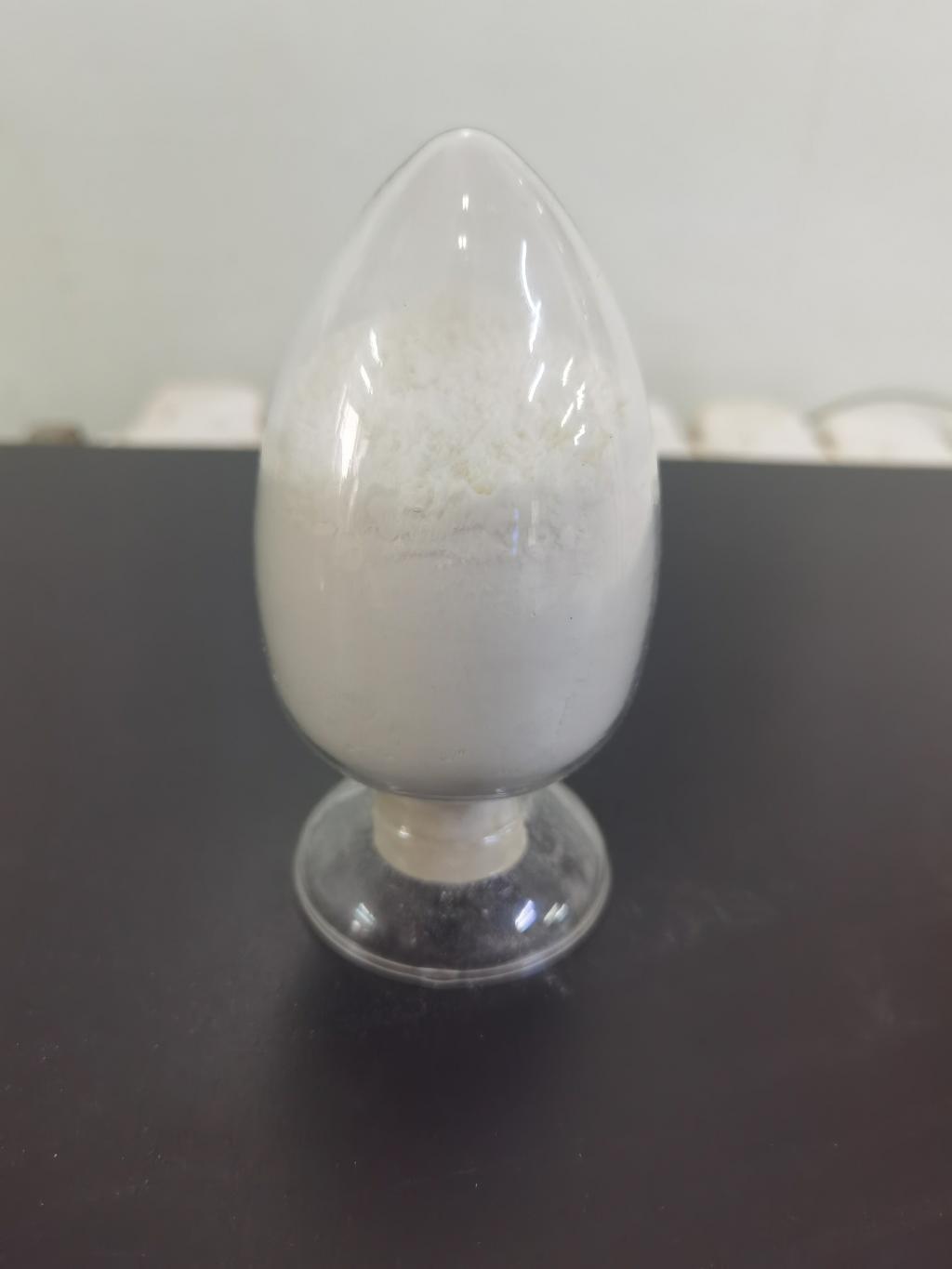Tel:+8618231198596

News
 CONTACT
CONTACT
 CONTACT
CONTACT
- Linkman:Linda Yao
- Tel: +8618231198596
- Email:linda.yao@dcpharma.cn
- Linkman:CHARLES.WANG
- Department:Overseas
- Tel: 0086 0311-85537378 0086 0311-85539701
News
Current Position:
Home >
News
>ε-Polylysine Hydrochloride in Agricultural Biotechnology: Promoting Crop Health
ε-Polylysine Hydrochloride in Agricultural Biotechnology: Promoting Crop Health
TIME:2024-01-23
I. Understanding ε-Polylysine Hydrochloride:
ε-Polylysine hydrochloride is a biodegradable and cationic homopolymer of the amino acid lysine. It is produced by the fermentation of Streptomyces albulus, a naturally occurring bacterium. The compound has gained attention for its potent antimicrobial properties against a broad spectrum of bacteria and fungi, making it a valuable tool in various industries, including agriculture.
II. Antimicrobial Action and Mechanism:
The antimicrobial action of ε-polylysine hydrochloride lies in its ability to disrupt microbial cell membranes, leading to cell lysis and death. This targeted mechanism of action is advantageous, as it selectively affects harmful microorganisms while sparing beneficial ones. In the context of agriculture, this specificity can contribute to the control of plant pathogens, enhancing crop health and productivity.
III. Crop Protection and Disease Management:
One of the primary applications of ε-polylysine hydrochloride in agricultural biotechnology is in crop protection and disease management. Plant diseases caused by bacteria and fungi can devastate crops, leading to significant yield losses. ε-Polylysine hydrochloride can be utilized as a biopesticide to control these pathogens, offering a natural and sustainable alternative to chemical pesticides.
IV. Sustainable Agriculture Practices:
As global agriculture faces increasing scrutiny for its environmental impact, sustainable practices are becoming imperative. ε-Polylysine hydrochloride aligns with the principles of sustainable agriculture by providing a biodegradable and environmentally friendly solution for disease management. Its reduced ecological footprint and compatibility with integrated pest management (IPM) strategies contribute to the promotion of sustainable farming practices.
V. Application Methods and Formulations:
The versatility of ε-polylysine hydrochloride is reflected in its various application methods and formulations. It can be applied as a foliar spray, soil drench, or seed treatment, providing flexibility for different crops and cultivation systems. Researchers are exploring innovative formulations, such as encapsulation technologies, to enhance the stability and efficacy of ε-polylysine hydrochloride in diverse agricultural settings.
VI. ε-Polylysine in Seed Coatings and Crop Enhancement:
Seed treatments are critical in ensuring the healthy establishment of crops. ε-Polylysine hydrochloride can be incorporated into seed coatings to protect seeds from soilborne pathogens, enhancing germination and early plant development. Additionally, the compound's biostimulant properties are being investigated, with potential applications in improving nutrient uptake, root development, and overall crop vigor.
VII. Resistance Management and Reduced Environmental Impact:
The emergence of resistance to traditional pesticides poses a significant challenge in agriculture. ε-Polylysine hydrochloride offers a unique mode of action, reducing the likelihood of resistance development in target pathogens. This can contribute to more sustainable pest and disease management practices, minimizing the need for continuous reliance on chemical interventions and reducing the environmental impact of agriculture.
VIII. Enhancing Soil Health and Microbial Diversity:
The impact of ε-polylysine hydrochloride extends beyond pathogen control to influence soil health and microbial diversity. Unlike some chemical pesticides that can disrupt the soil microbiome, ε-polylysine hydrochloride's targeted antimicrobial action allows for the preservation of beneficial soil microorganisms. This, in turn, contributes to improved soil structure, nutrient cycling, and overall ecosystem resilience.
IX. Regulatory Considerations and Safety:
As ε-polylysine hydrochloride gains traction in agricultural biotechnology, regulatory considerations become paramount. This section explores the current regulatory landscape surrounding the use of ε-polylysine hydrochloride in agriculture, including permissible concentrations, application methods, and safety assessments. A comprehensive understanding of regulatory frameworks is essential for the responsible and widespread adoption of this compound in crop protection.
X. Challenges and Future Research Directions:
While ε-polylysine hydrochloride shows promise in promoting crop health, challenges and opportunities for further research exist. This section discusses potential challenges, such as optimizing application protocols, understanding interactions with other agricultural inputs, and addressing potential ecological consequences. Future research directions may focus on refining formulations, exploring additional crop applications, and evaluating the compound's long-term impact on agricultural ecosystems.
XI. Global Adoption and Farmer Education:
The successful integration of ε-polylysine hydrochloride into agricultural practices requires global adoption and farmer education. Collaborative efforts between researchers, extension services, and agricultural organizations are essential in disseminating knowledge about the benefits, proper application methods, and safety considerations associated with this compound. Farmer education programs can empower growers to make informed decisions that align with sustainable and environmentally conscious agricultural practices.
XII. Conclusion:
In conclusion, ε-polylysine hydrochloride stands at the forefront of agricultural biotechnology, offering a natural and effective solution for promoting crop health and sustainability. Its antimicrobial properties, biodegradability, and versatility make it a valuable tool in disease management and pest control. As the global agricultural community seeks innovative and sustainable solutions, ε-polylysine hydrochloride emerges as a promising ally in the quest for resilient and environmentally conscious crop production.
- Tel:+8618231198596
- Whatsapp:18231198596
- Chat With Skype







